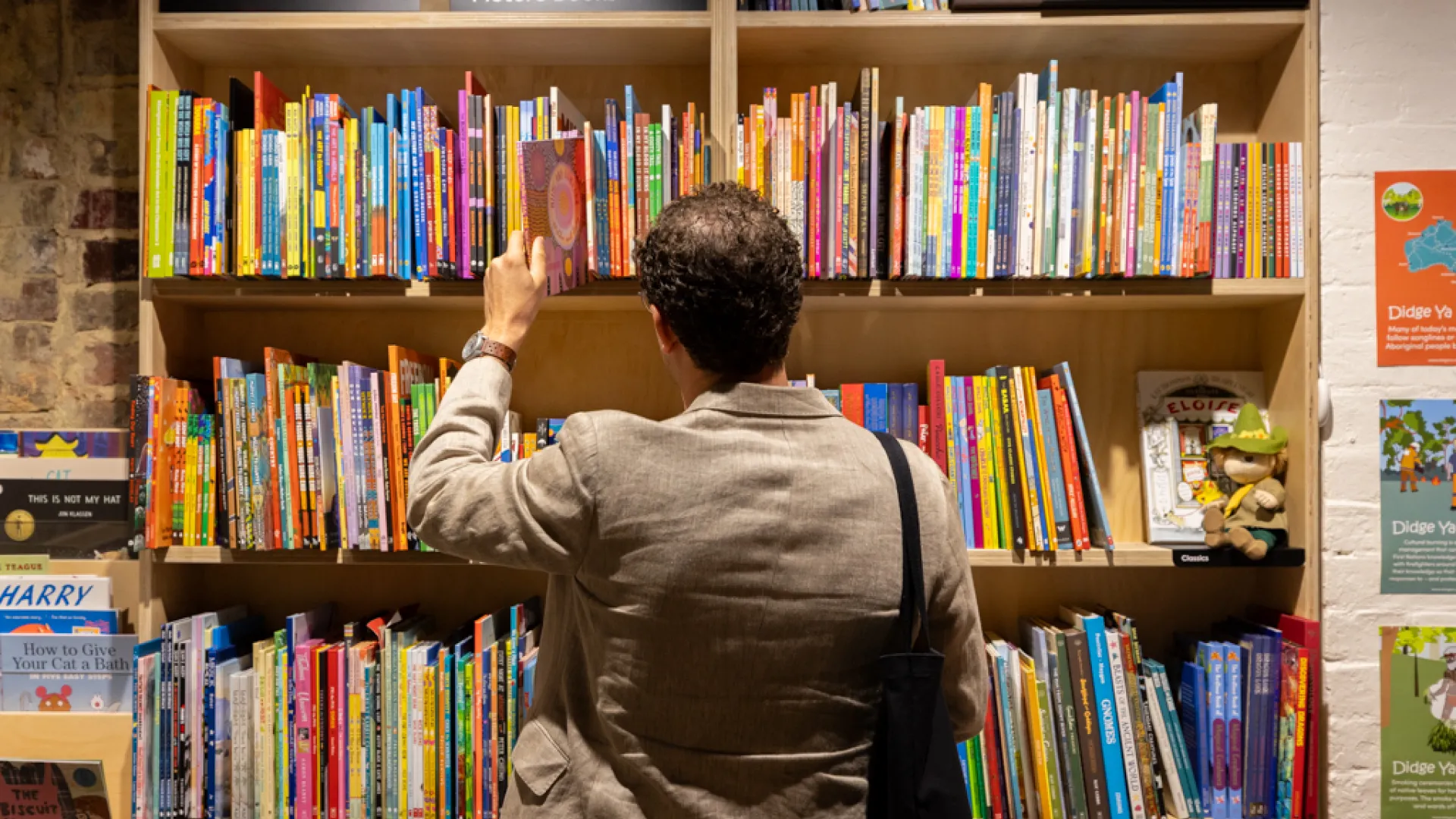Breadcrumb
Resources for assessors
We are very happy to be working with you as a peer assessor or industry advisor on Creative Australia’s grants and opportunities. As an assessor you play a key role in ensuring our assessment process is fair, transparent and at arm’s length.
Industry advisors will have their roles and responsibilities outlined to them when contacted to join an industry advice panel.
What to expect as an assessor
Each assessment panel follows a similar process:
- individuals are contracted to assess a specific grant or opportunity
- assessors receive an induction to the role
- assessors are provided with online access to application materials in our application management system
- assessors review the material individually and score each application against the criteria as outlined in the scoring guide provided
- assessors come together and participate in an assessment meeting online via Microsoft Teams or Zoom. Assessors discuss applications and review their recommendations in light of the panel’s discussion. Peers can make changes to their scores at this time. Creative Australia staff then apply the available budget to the final peer rankings.
Assessors must access Creative Australia’s application management system to undertake their duties.
If you are already registered with our application management system, please do not reregister. If you need help to register or access our application management system, please email enquiries@creative.gov.au or call (02) 9215 9000.
Assessor workload
Assessors may be asked to assess between 20–130 applications for a panel. They will have 3–6 weeks to complete the initial scoring and assessment at home.
One application can take 15–30 minutes to read and score. Please note this will vary depending on your reading pace and working style. Peers become more adept the more meetings they participate in, as you grow more familiar with the criteria, guidelines and process.
The volume of applications and time available to assess varies between assessment panels and grant categories.
All assessors receive a fee for participating in an assessment panel. This fee includes a reading fee per application, a fee for attending the assessment and induction meetings, and an administrative fee towards any administrative costs (for example, internet access).
Conflicts of interest
Conflicts of interest are relationships you have with an application or the applicant. When it relates to an application, it could be due to a relationship with the project, or someone listed in the application. When it relates to an applicant, it could be due to a relationship with the individual, group or organisation listed on the application.
At any stage you become aware of a conflict of interest, you are required to let your Assessment Officer know, so that it can be managed accordingly.
Conflicts of interest can be actual or perceived, direct or indirect, major or minor. If it is considered major, you might be taken off the assessment round. More commonly, actual conflicts of interest will mean that you simply do not score that application and leave the meeting when that application is discussed. Minor conflicts of interest are noted in the notes for the meeting.
Creative Australia’s conflicts of interest process relies on assessors telling us about any relationships ahead of the assessment meeting. The more potential conflicts of interest we eliminate before the meeting, the better.
For further details about how we manage conflicts of interest please refer to the Peer Handbook, our Conflicts of Interest and Confidentiality policy and watch this short animation on conflicts of interest.
Accessibility for peer assessors
Our Assessment team is committed to supporting our peer assessors and industry advisors to enable everyone to participate.
Peer assessors and industry advisors can be supported in various ways including:
- assistance with child-care
- assisting with monetary support for an additional carer if you have carer responsibilities
- providing a translator
- providing fees for support providers and family members who assist in carer roles
- finding local office space or help accessing a computer
Every situation is different. Please watch our access to assessment webinar and see our advice on accessibility.
We also encourage peer assessors and industry advisors to discuss specific needs with our team by emailing assessment@creative.gov.au or calling (02) 9215 9000.
Resources
Peer Handbook
Our Peer Handbook outlines the roles and responsibilities of a Creative Australia peer assessor.
Peer Handbook (PDF)
Peer Handbook (Word)
Application management system
Log into the Application Management System.
First Nations protocols
The Protocols for using First Nations Cultural and Intellectual Property in the Arts are designed to protect the rights of First Nations artists. Creative practitioners who work with First Nations artists or engage with Indigenous cultural heritage in projects, and are funded by Creative Australia grant assessment panels are required to comply with this protocol guide as a condition of funding.
First Nations protocols animation
Animation on how First Nations Cultural and Intellectual Property Protocols are used in assessments.
Animation on how First Nations Cultural and Intellectual Property Protocols are used in assessments
Using First Nations Protocols for cultural and intellectual property in the arts
Lucy Byrne, Patricia Adjei, Dr Paula Abood, Travis De Vries, and Jake Smithers discuss the First Nations Protocols, highlighting the importance of everyone understanding these protocols to ensure care of our First Nations’ intellectual property through appropriate permissions, acknowledgement, and consent. This discussion illustrates how everyone can be an ally in holding these protocols up as the national standard to accomplish safe consultation and consent when using First Nations stories and knowledge.
Using First Nations Protocols for Cultural and Intellectual Property in the Arts
First Nations First: From ideas to income
In this panel discussion Patricia Adjei, Amanda Healy, Brett Leavy, and Lacey Trujillo discuss digital sovereignty, including ICIP (Indigenous Cultural Intellectual Property), through the lens of art, culture, and fashion. Presented by the Australia Council for the Arts in partnership with Australia House.
First Nations First: From Ideas To Income
Accessibility resources
We are committed to ensuring greater access to the arts for all Australians. This includes removing barriers to our programs and services for people with disability and people who do not speak English as a first language. See our resources on accessibility, including resources such as the National Relay Service, Auslan interpreters and Easy English.
Access to assessment webinar
Our Access to Assessment webinar was facilitated by Emma Bennison (artist, advocate and past CEO of Arts Access Australia and Accessible Arts), with panellists Sofya Gollan (multi-disciplinary artist, writer & director), Georgia Mokak (Manager First Nations Development Programs, Industry Development, Creative Australia, and a proud Djugun woman from Rubibi) and Christopher Bryant (Artists Services Officer, Creative Australia, with a particular focus on theatre and disability arts).
Discussion Panel on Access to Assessment
Interviews with alumni peer assessors
Hear from past peer assessors about what it’s like to assess grants with Creative Australia.
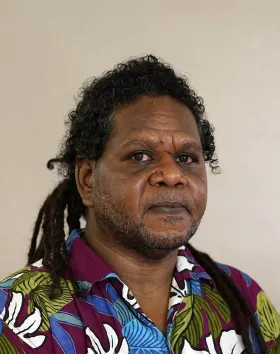
Solomon Booth. First Nations arts.
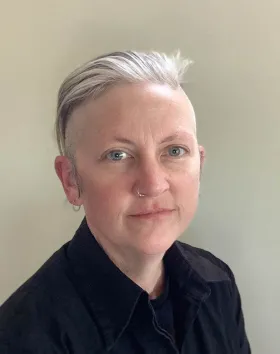
Jennifer Mills. Literature.
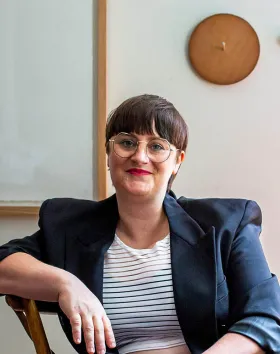
Emily Parsons-Lord. Experimental and emerging arts.
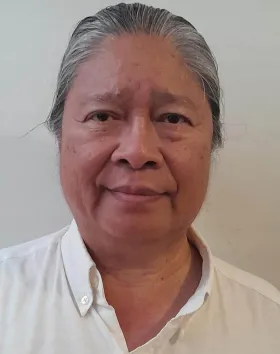
Christian (Bong) Ramilo. Community arts and cultural development.
Written interviews with past peer assessors
Welcome to the peer pool 2025–27
Panellists: Lucy Byrne, Manager Assessment; Wenona Byrne, Director Writing Australia; and Katie Harford, Assessment Officer.
This session welcomes the new peer pool 2025–27 and provides an overview of the peer’s role in the assessment process and how best to approach it.
Welcome to the peer pool 2025–2027
Peer recruitment webinar 2024
Hosted by Pip Wittenoom, Director Project Investment with current peers April Phillips, Caine Chennatt and Luke Peacock. In this session you will learn what a peer is, and hear from three peers about their experience and what they gained. This webinar was recorded on 3 July 2024.
Peer recruitment information session: July 3 2024

